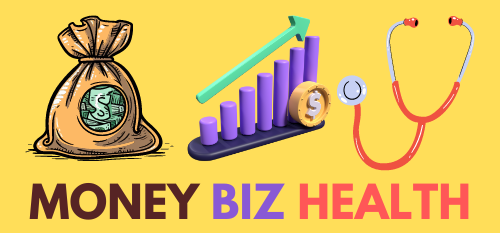Depression is a prevalent mental health condition that affects millions globally. In the United States, it’s estimated that about 1 in 15 adults experiences depression annually, with 1 in 6 people experiencing it at some point in their lives. Depression often includes persistent sadness, low energy, and a lack of motivation, and it can profoundly impact relationships, career, and overall quality of life. One valuable tool for recognizing depression is an online depression test, which can provide insights into whether someone may benefit from further mental health support.
What Is a Depression Test?
Online depression tests, such as those provided by Mental Health America, the National Alliance on Mental Illness (NAMI), and other healthcare organizations, are usually based on validated screening tools like the PHQ-9 (Patient Health Questionnaire). These tests generally assess various symptoms, including mood, energy levels, sleep patterns, and interest in daily activities. While these tools are not a replacement for a professional diagnosis, they offer an accessible, private way to assess mental health and can encourage people to seek appropriate care if necessary.
Why Take an Online Depression Test?
For many, online depression tests serve as an early step in recognizing and addressing mental health concerns. They allow individuals to identify patterns in their feelings and behaviors that might suggest depression. Additionally, since these tests are anonymous and often free, they provide a judgment-free way for people to gain initial insights without needing to consult a doctor immediately. This can be especially useful for individuals who may be hesitant to seek in-person help due to stigma or privacy concerns.
What to Expect from the Results
Most depression tests include a range of questions related to common depressive symptoms. The results generally fall into categories like “minimal depression,” “mild,” “moderate,” or “severe.” Each category reflects a range of symptom severity, helping individuals understand the potential depth of their depression. For example, while “minimal” scores may suggest mild or situational sadness, “severe” scores may indicate the need for urgent intervention and support. However, it’s essential to remember that these categorizations serve as a general guide, not a professional diagnosis.
Repeated Testing for Tracking Progress
If someone already undergoing treatment for depression chooses to take an online depression test, repeating it periodically may help track improvements in symptoms. Consistent testing can provide useful feedback, showing if current treatments are effective or if adjustments might be needed.
Limitations of Online Depression Tests
While these tests are useful, they are not substitutes for clinical assessments by qualified professionals. Factors like chronic stress, physical health conditions, lifestyle habits, and co-occurring mental health issues—such as anxiety or PTSD—can impact mental health and create symptoms that resemble or overlap with depression. Because of these factors, self-assessment tools may not capture the full range of an individual’s mental health status, reinforcing the importance of professional evaluation.
Taking the Next Steps
If an online depression test indicates potential depressive symptoms, it’s essential to take proactive steps. Speaking with a primary care physician, counselor, or psychiatrist can help confirm a diagnosis and guide appropriate treatment options. Common treatments for depression include psychotherapy, medication, lifestyle adjustments, and support groups. Additionally, resources like those provided by Kaiser Permanente offer tools and educational content to help individuals better manage their symptoms while pursuing further help.
Emergency Resources
For those experiencing severe symptoms—especially thoughts of self-harm—reaching out to a crisis hotline like the National Suicide Prevention Lifeline is critical. These resources provide immediate support and can help connect individuals with additional mental health services, ensuring they aren’t alone.
Conclusion
Online depression tests offer an accessible way to start the mental health journey. For anyone experiencing prolonged sadness, fatigue, or other depressive symptoms, these assessments can be a helpful first step toward understanding and addressing their mental health. However, it’s vital to remember that only a mental health professional can diagnose and treat depression effectively. With early detection, regular monitoring, and proper support, individuals can manage symptoms, regain a sense of control, and improve their quality of life.

